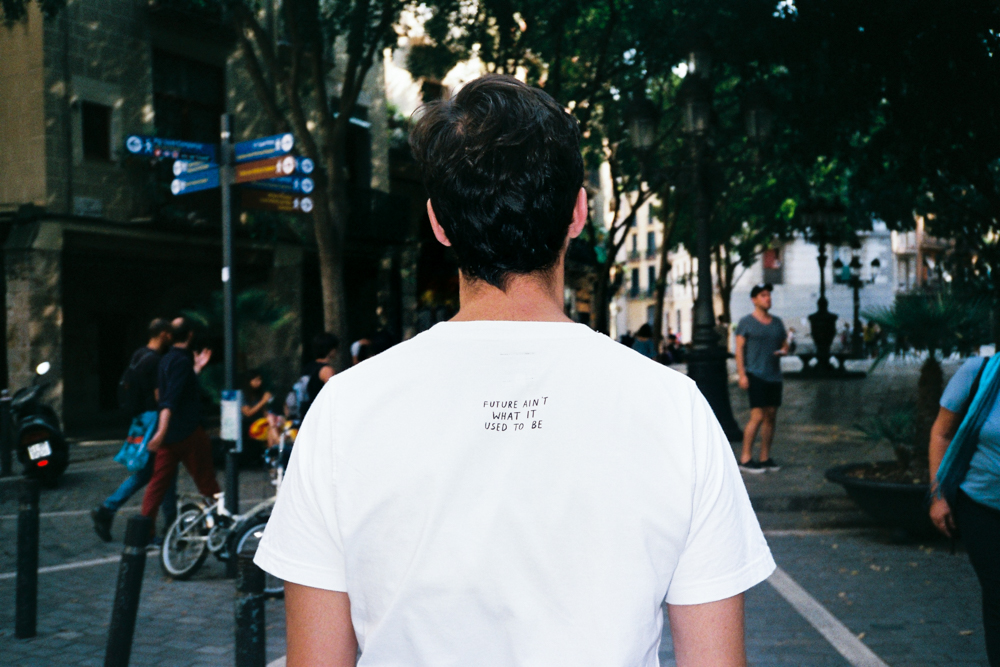
In October 2017, I was in Barcelona to screen my short film ‘Pluck.’ The festival fell on the weekend of the Catalan Referendum, a vote on whether the region should leave Spain or remain, and which was considered illegal. Nevertheless, it was carried out by the Catalonians local government, despite pressure from the freshly occupying Spanish police and army sneaking through the streets or standing ready for their command in their luxury liner cruise ship. The vessel was covered in Disney characters larger than life, waiting in the harbor, like the calvary outside the city gates. Mixed messages of capitalism, sweetness, and bitter truth mixed together in that harbor. Catalan is the region of Spain, of which Barcelona is the capital. A country in itself before Spain ever existed, the Catalonians have been fighting for their independence for hundreds of years. This wasn’t the first time the Spanish army had to stronghold the Catalonian city into staying. The voting day itself turned bloody. Focusing on central neighborhoods with wide, open streets, the police infiltrated public buildings and schools used as voting centers. They used their batons and physical force on Catalonians of every age, even the elderly. Two days later, the separatists and their empathic fellow-citizens held a general strike covering the city. In 2019, the Spanish government sentenced the referendum’s organizers up to nine to thirteen years in prison.
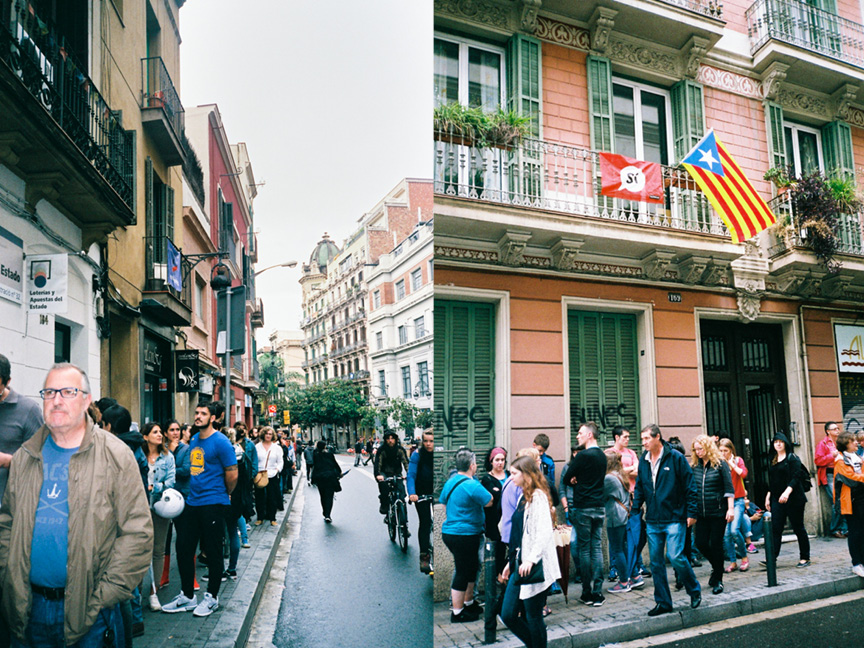
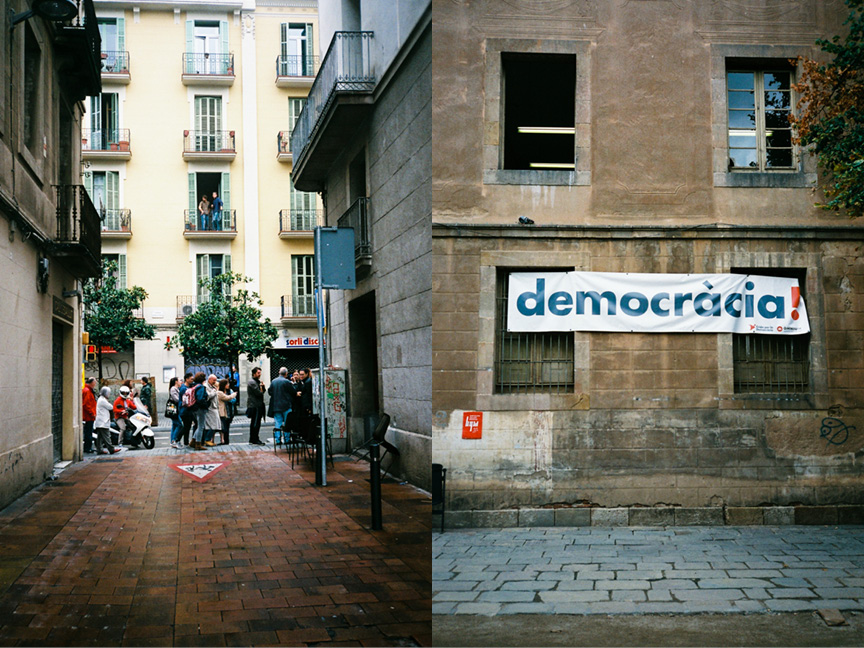
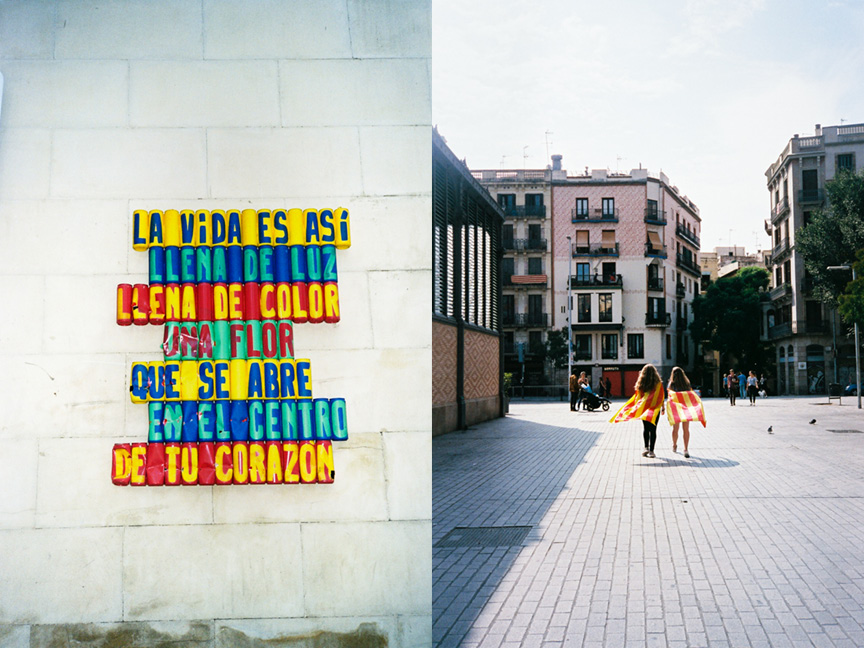
There are a few photos of people waiting in line on voting day at the poll station, a children’s school, in the neighborhood where I was staying in. There seemed to be a battle of the flags and a conversation happening not just between people but between symbols and the city streets themselves as if the walls could talk. I captured the graffiti and banners, the cries of the cities architecture. A banner that reads ‘URNA GRANDE Y LIBRA’ is a play on a Franco motto. Una (one) is changed to Urna (a ballot box), and it’s a play on the slogan ‘One, Great and Free,’ it now reads ‘A ballot box, great and free.’ The Spanish Flag began to feel like a symbol of tyranny. Those who wore no flag were on neither side and joined the strike as a stand for democracy. My favorite photos from the series are the few of the helicopters, which regularly flew over our heads the entire day and made your teeth chatter. Another favorite is of a friend who had “The Future ain’t what it used to be” on the back of his t-shirt. How much this captured the feel of the day and still resonates. It was so perfect. We had ended up in the past, somehow. Here we were, still fighting the same tyrant leaders and patriarch of our ancestors.
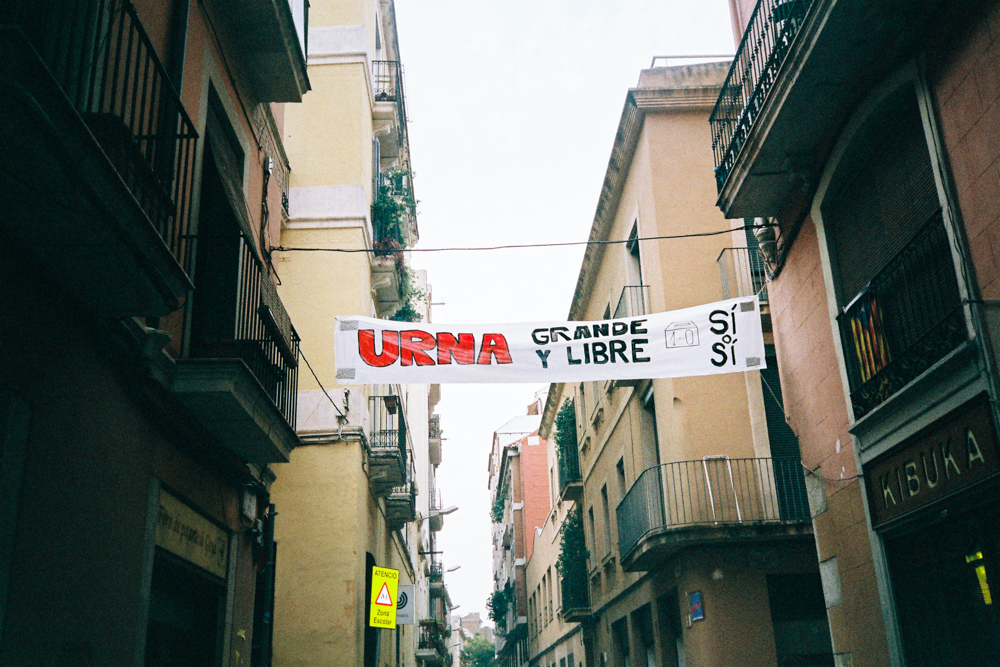
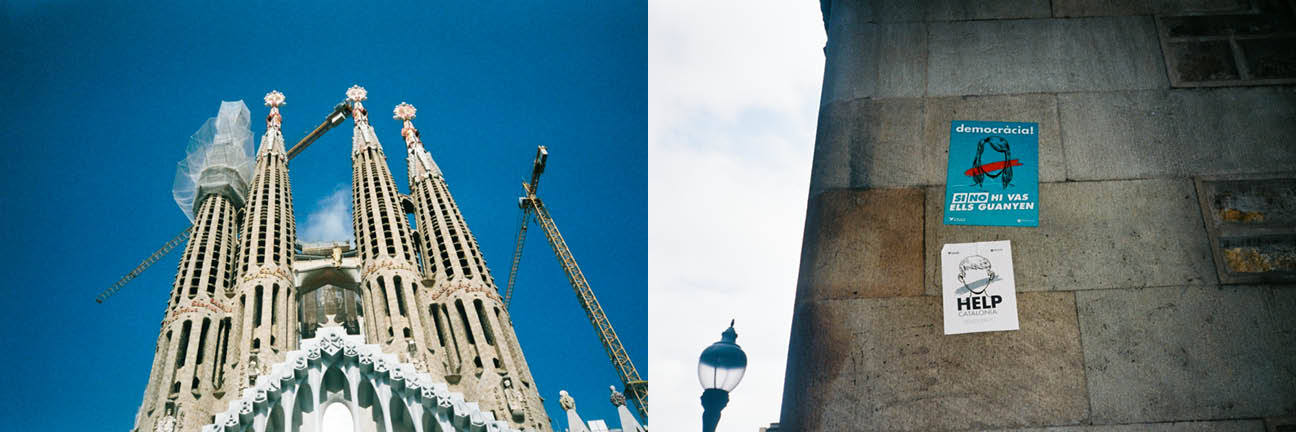
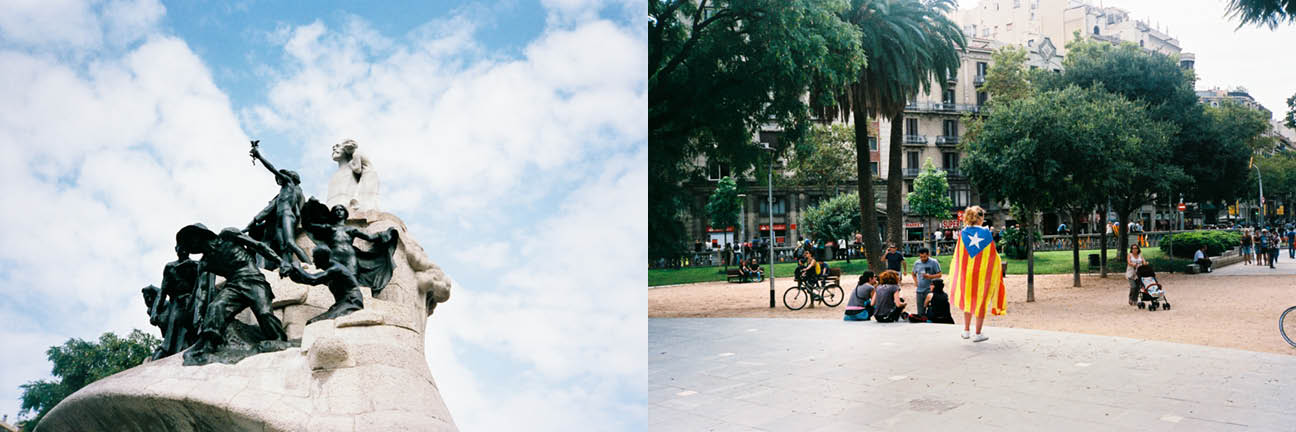
My time in Barcelona seems like a dream. Or maybe a sleepwalk after a nightmare. The day after the vote, the wounded stumbled through the streets. The next day, Barcelona ignited in a city-wide strike, and I wondered through the entire city with my friends. Oblivious, tourists laid out and drank on the beach in full summertime fashion as the revolution rolled through the city. The trees were vibrant shades of green and the sky a deep, bright blue. The clouds passed by with a certain eminence white glow. Like any foreigner, I have grown to know Europe mostly through art, literature, and films. Maybe there is something about that, which makes it a fantastical land to me. One that you read about in great books, steep in magical lore that is its history and culture. As the Spanish government’s actions played out its charade in front of my eyes, I watched intently but with a feeling of safety. This isn’t my country. I subconsciously told myself. In America, we thought we knew freedom. As if we were the originals, copyrighting it with a capital F. On these streets in Barcelona, I didn’t only study fascism; I could feel it, I could see it. At the time, it felt so far away. So surreal. Little did I know, America was to get its first dictator. One with a capital T. And when I saw it again, I didn’t feel so fascinated by it. I felt an extreme sadness in the knowing.
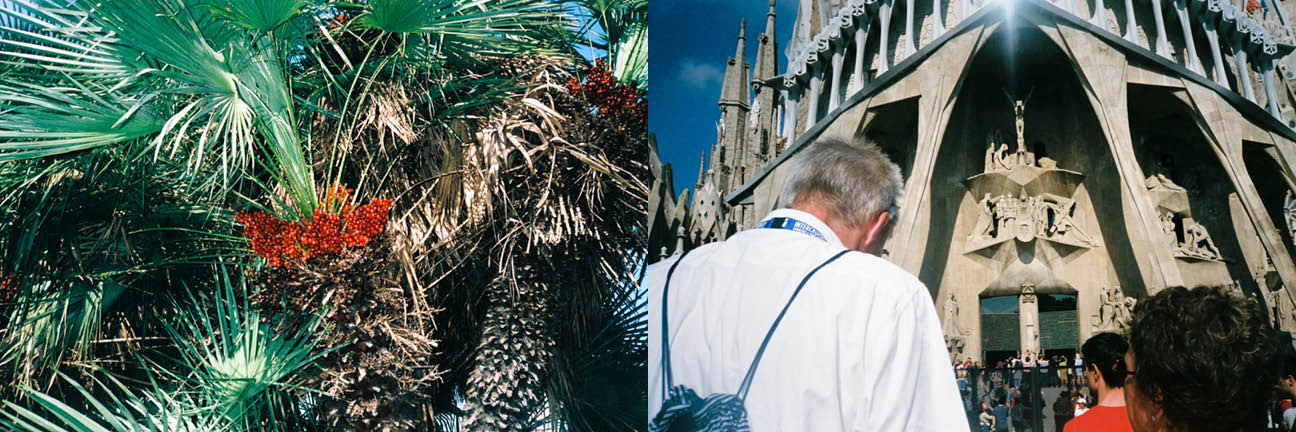
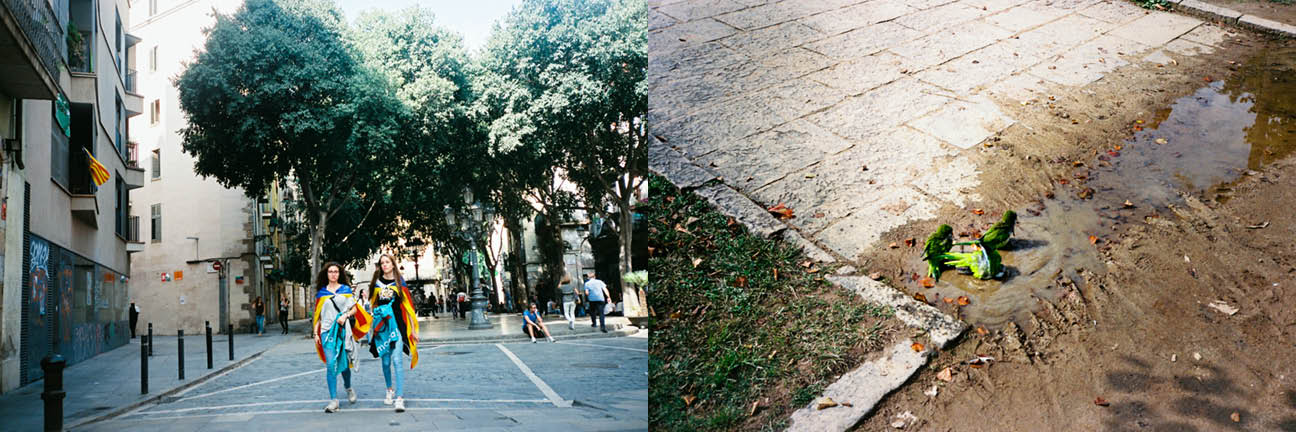
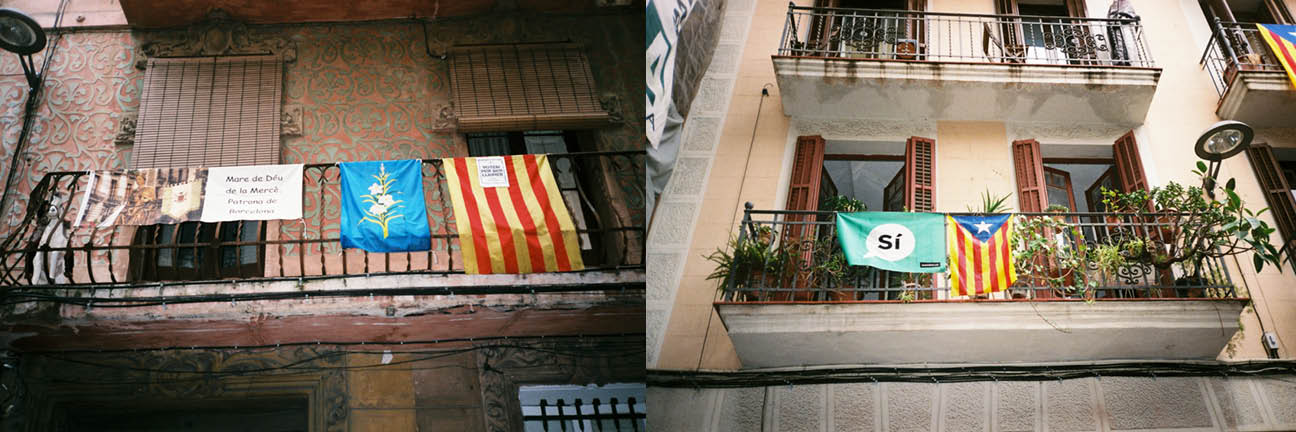
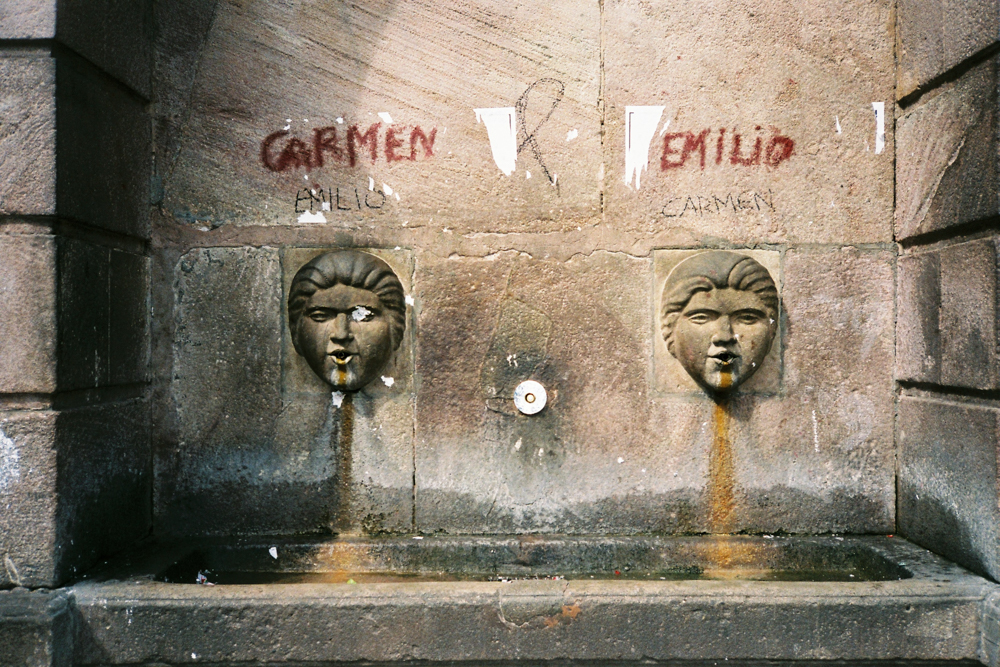
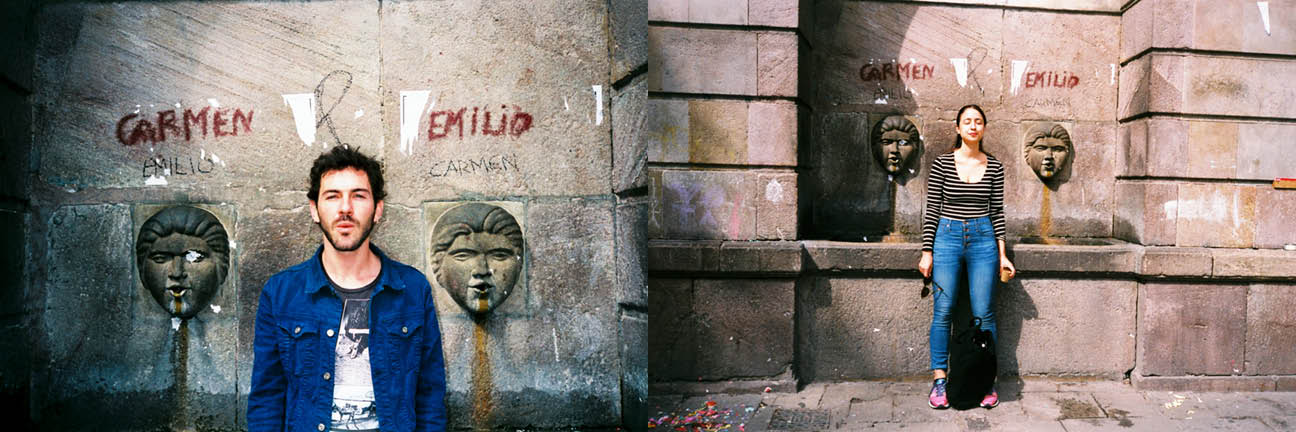
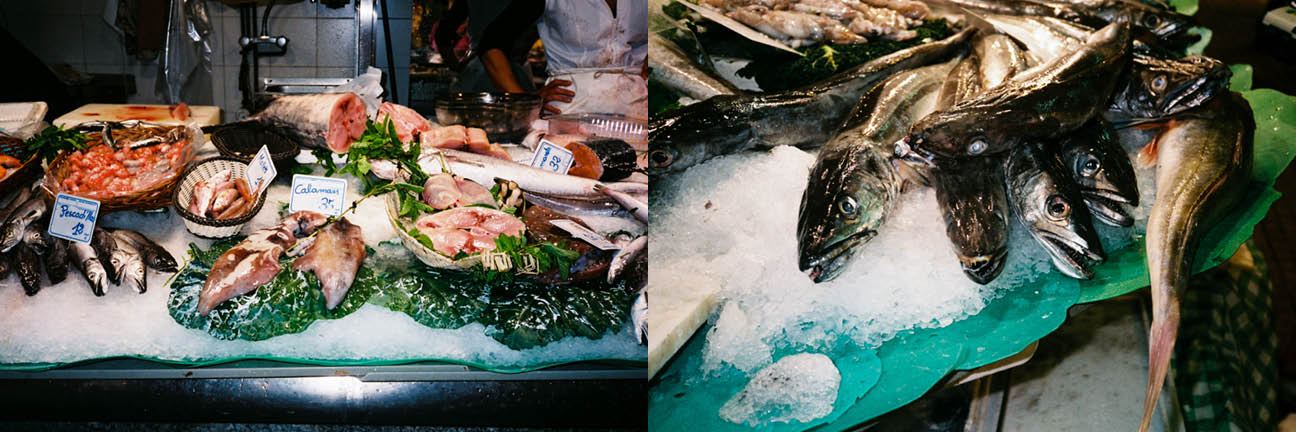
The obscurity of it all was how unplanned but how perfect my timing felt. Perfection here being subjective. I have always idealized the revolutions of ’68. I always wanted to live back then. You know, when people actually cared, and things mattered. Growing up in America, we’re made to think losing our civil liberties is something of the past. Remember how easy it was for our generation to idealize that. Trump had just become elected. As Americans, we still couldn’t feel the weight or size of our own reckoning that we were headed for, like an unknowing child led down the rocky path to enlightenment. To witness people fighting for their freedom is a beautiful thing. Coming home from a club at three or four am, we were greeted by a mother and her three children running down the small pebbled street toward the elementary school at the end of the block. One child in her arms, the other holding onto the hand of another. She was teaching her children what fighting for freedom really feels like.
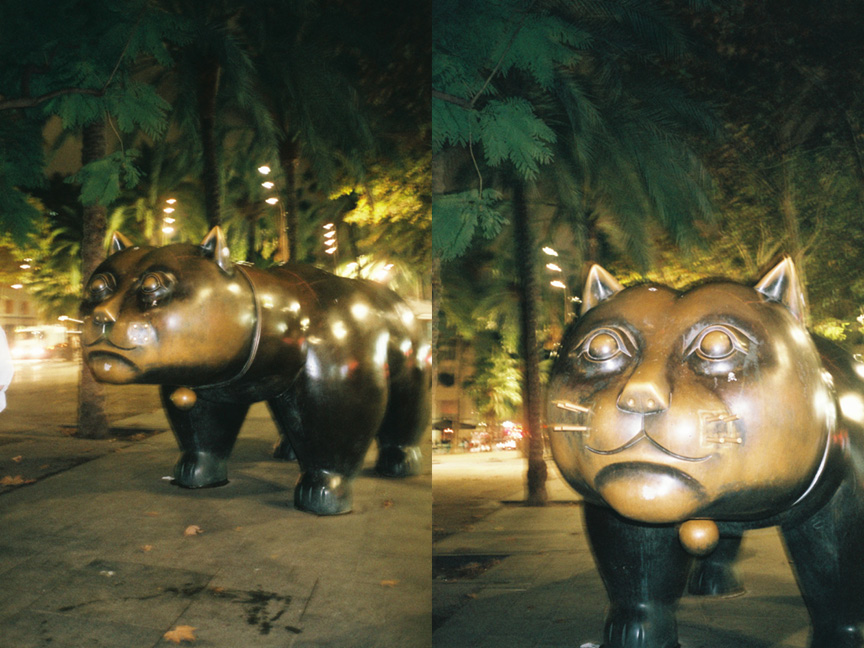
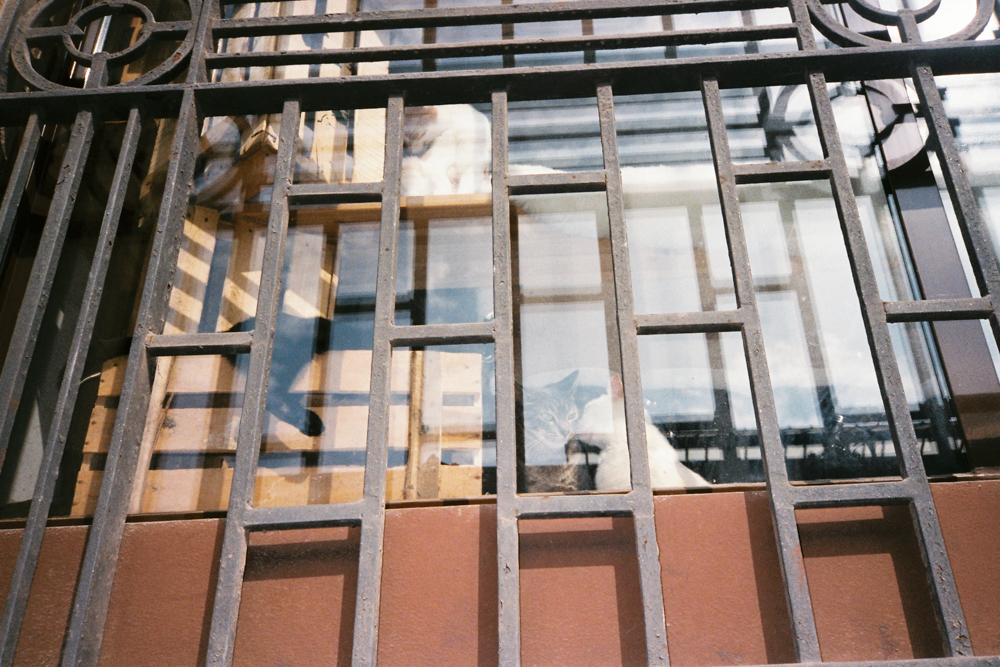
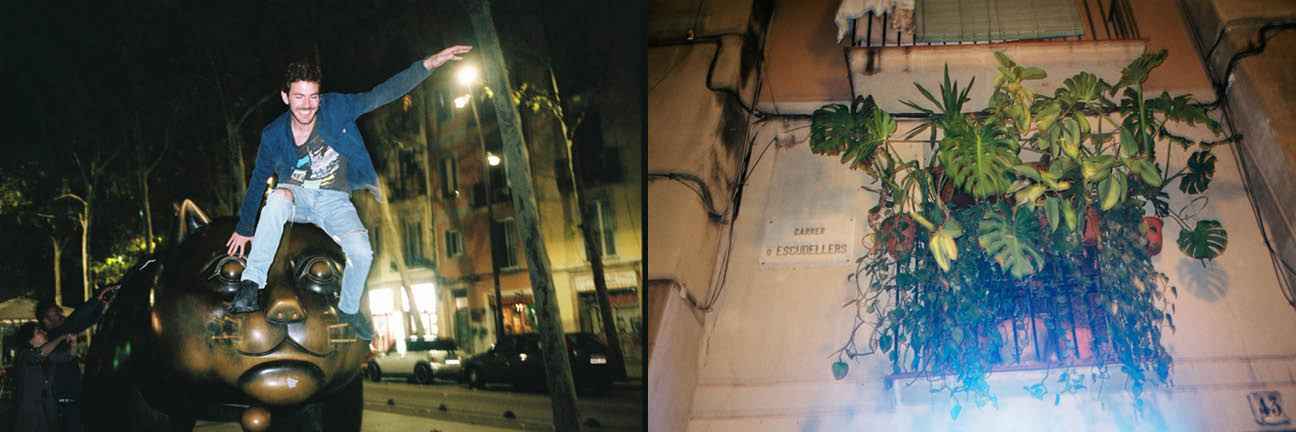
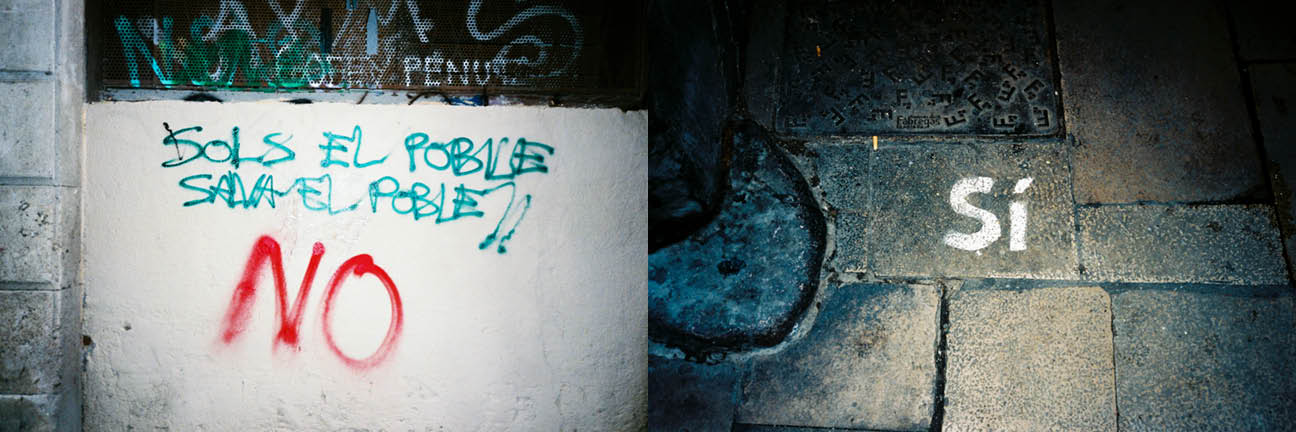
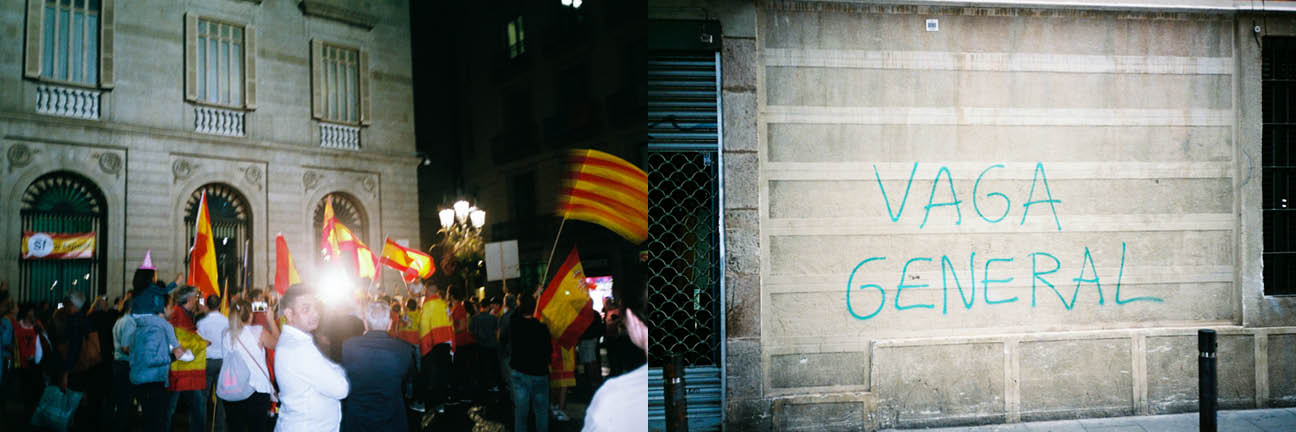
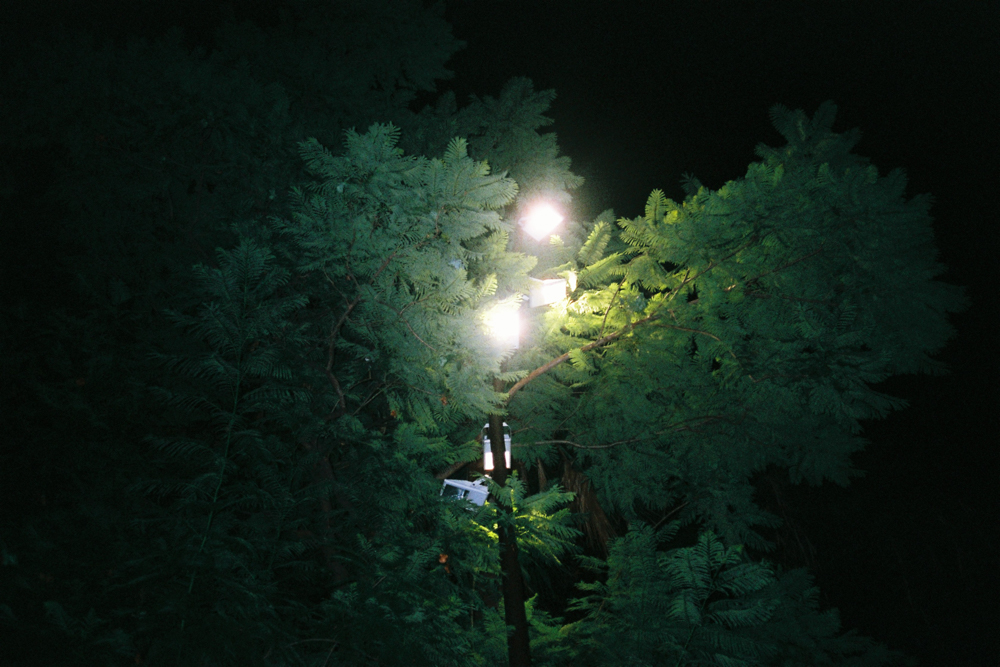
Is Catalan’s duty not to be loyal to itself first? How dare its child step out of line. The father yelled. Please get back in line, behind me. It directed, not for the first time. But Catalan didn’t do as it was told. It danced off into the sunset with its passion, pride, and care for its people, meeting the enemy’s dissatisfaction and destruction at day rise. But even that couldn’t silence the noisy child. The father still tried by using brute force on the young and old, men, women, and whoever met their boot or baton first. The Spanish police left their mark in gashes, now covered up by bandages as wounded stumbled along through Sunday. After taking care of the fallen soldiers, Catalan raised from the ashes and took over the streets. Their streets. On Monday, two days after the vote, a general strike swept the hearts and feet of the city. At the end of the day, the King of Spain denounced the disloyalty of Catalan.
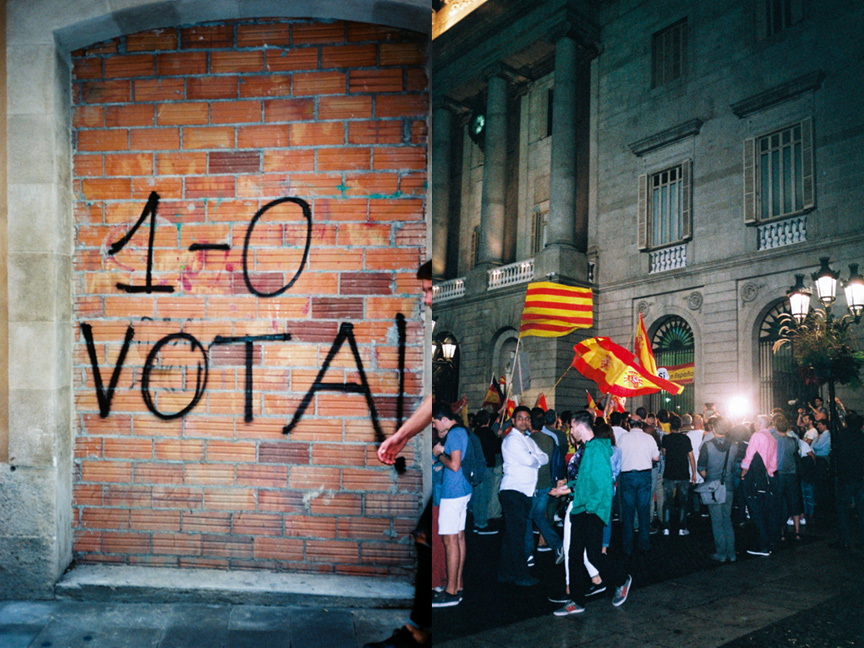
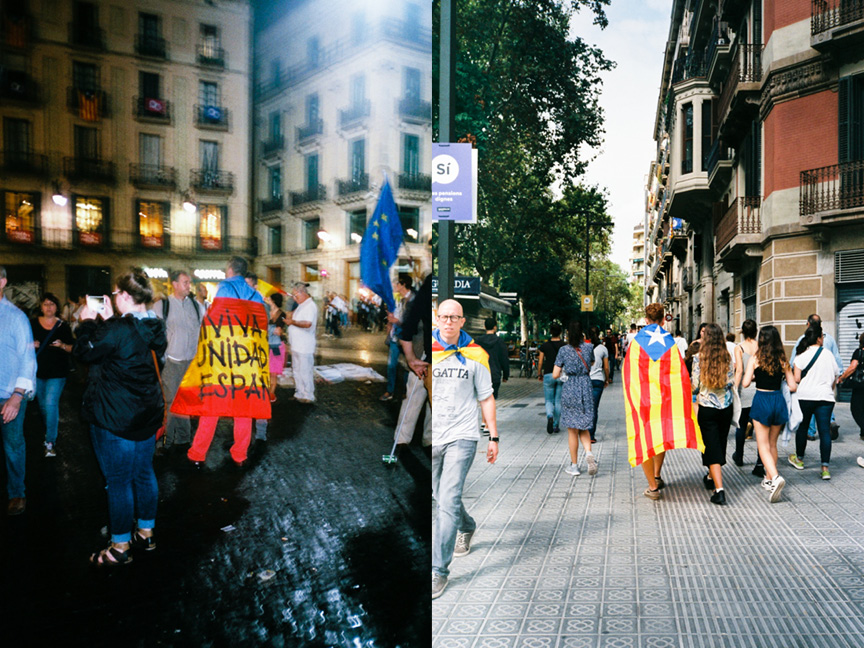
Again I am dawned with that same dreaded feeling. That one where I remember I have been here before. Never did I think we would have to fight for our democracy against our own government. Even in my distaste for America, I was still drinking the kool-aid that we were free. My ignorance in my privilege and my belief in the illusion wasn’t mine alone, but one the world held on to, hoped for, as a beacon of light. A beacon of light that has been dimming out so slowly, we didn’t even see it go out. Left in darkness, our eyes adjusted, thinking we could still see.
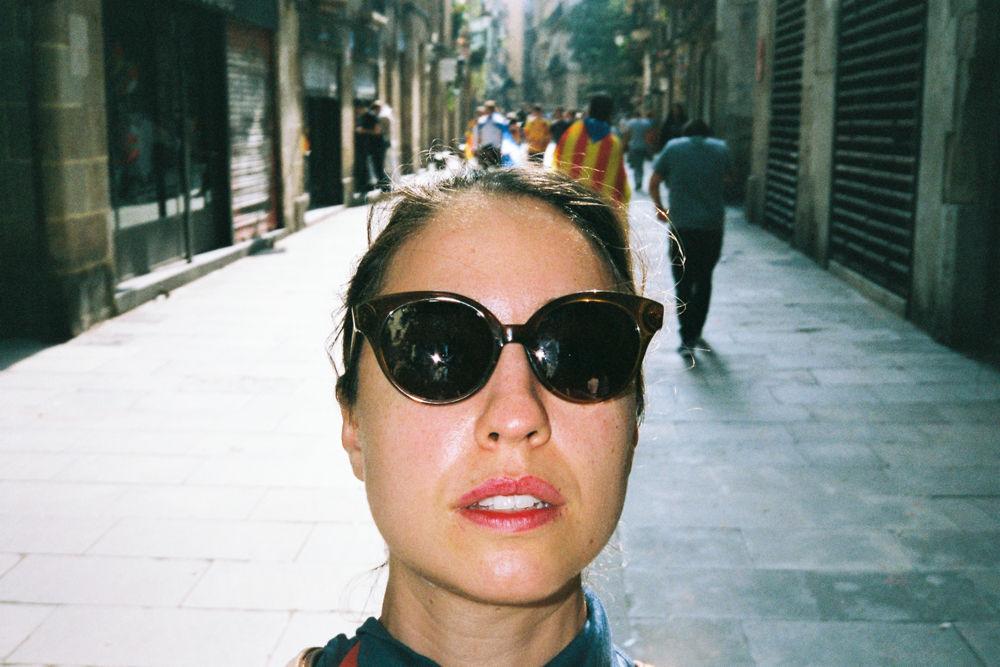
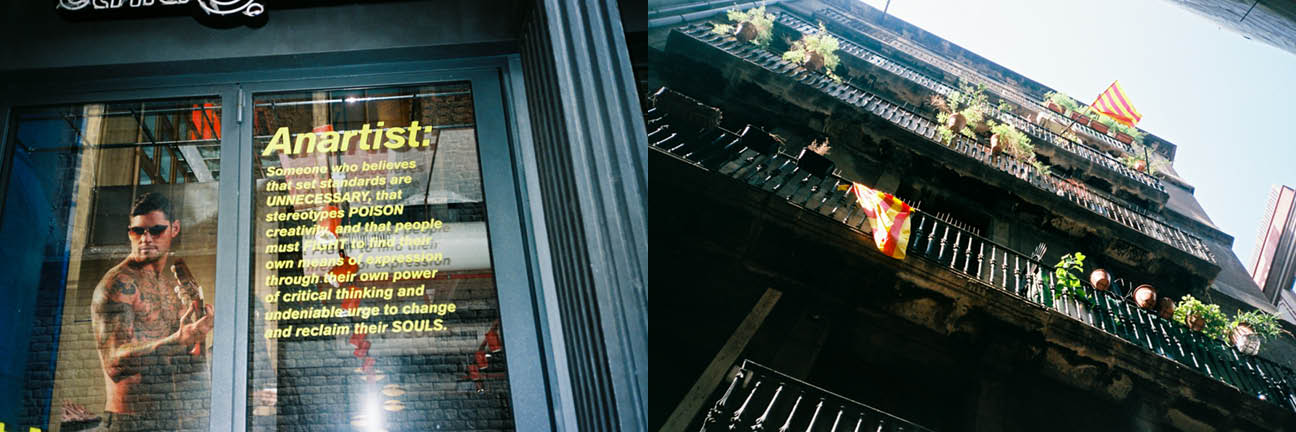
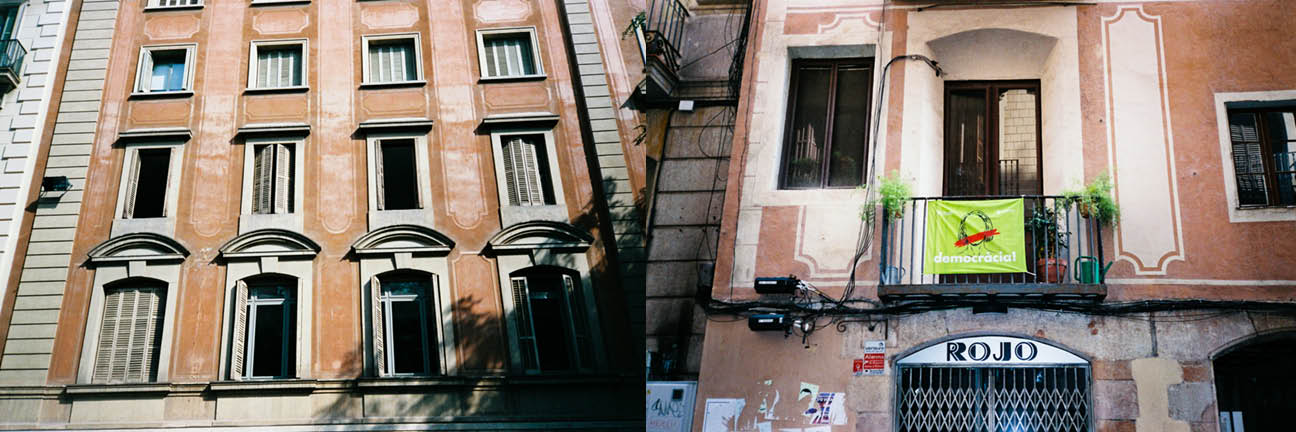
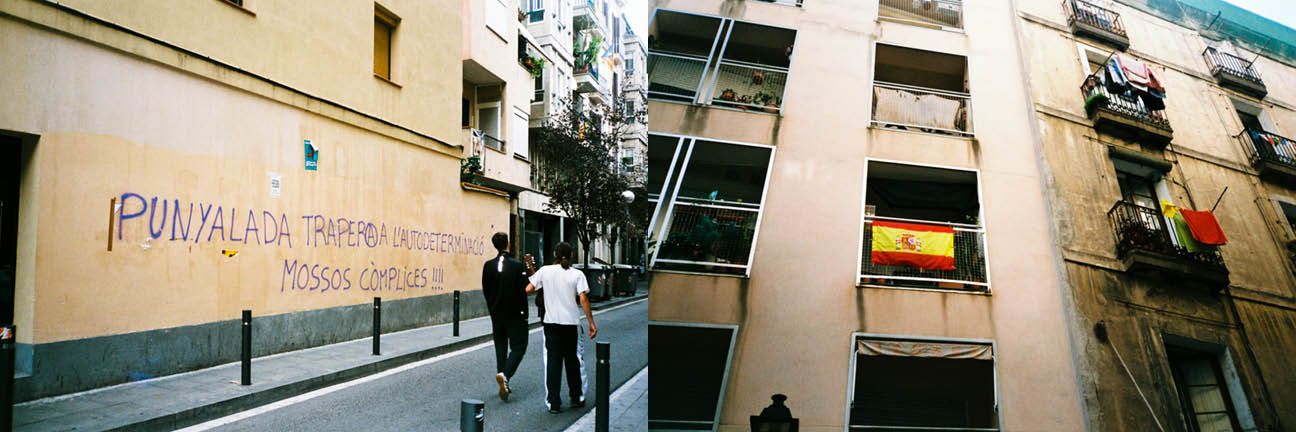
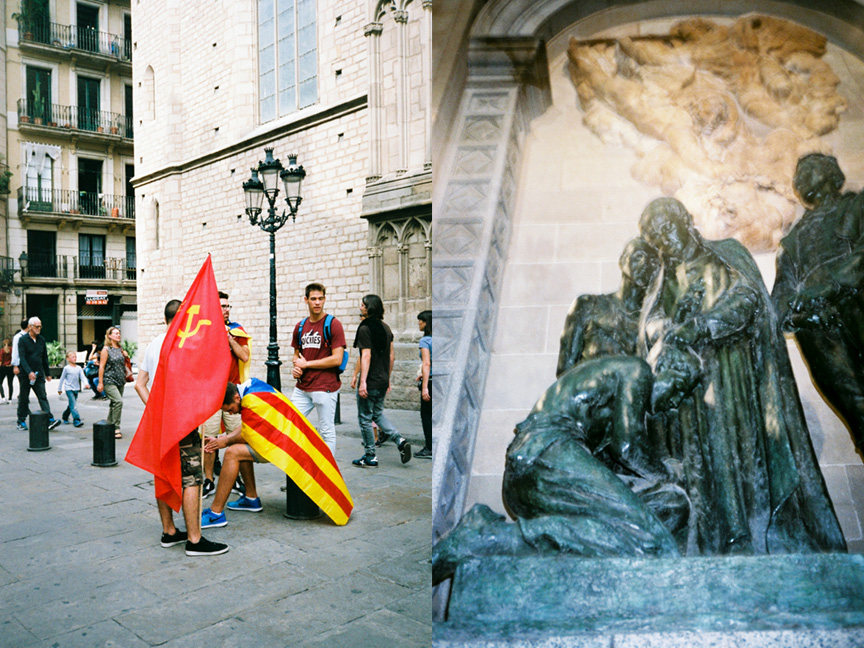
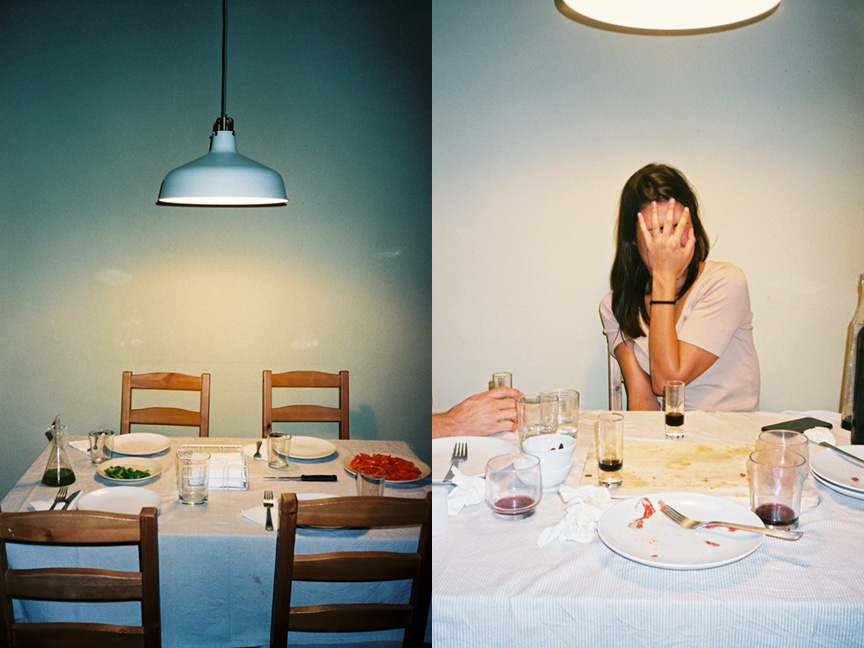
I hope that this election doesn’t bring the chaos, violence, and disparity that the Catalan vote felt for its own false democracy. We all have our faults, but let us learn from Catalan’s togetherness, their resilience, their love for one other. And may we never fall asleep again at the wheel. If we are not active citizens, if we aren’t asking for more than what we are given, we can’t expect our government to serve us. If we aren’t always fighting for change, and for those among us still in their chains, democracy does not function, and we are no longer connected to the America that we tell the world we are. Our government will be something of the past, like those great stories of a country that what was.
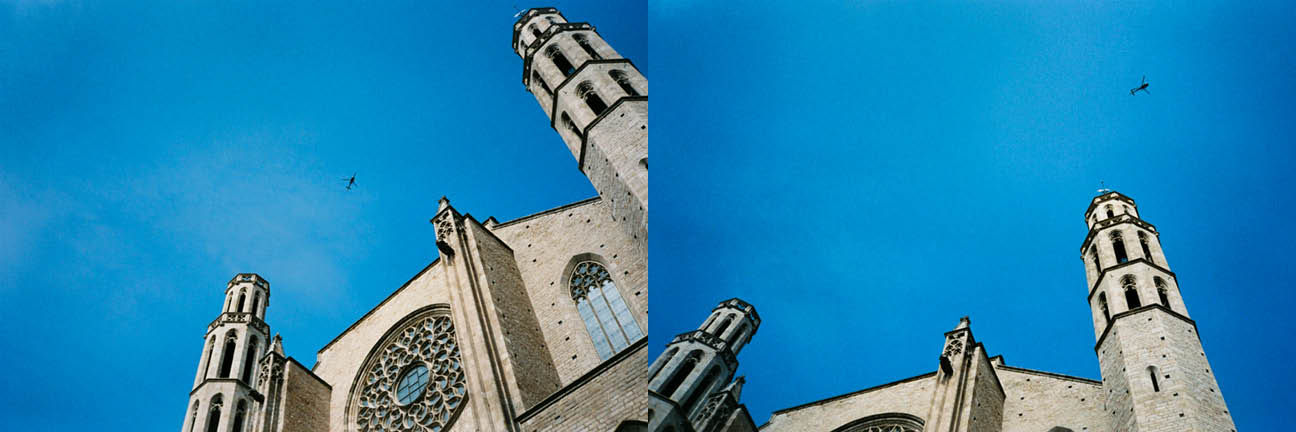
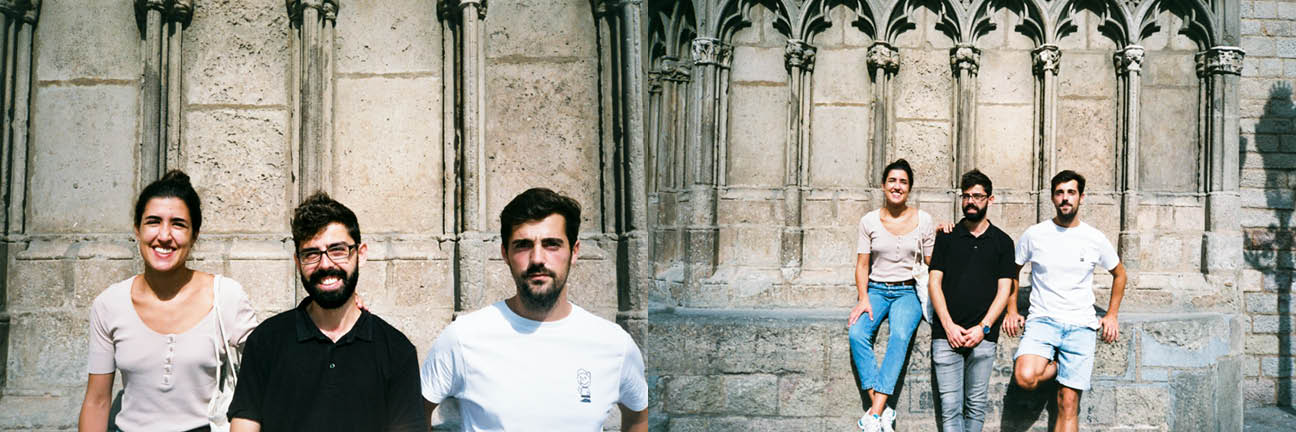
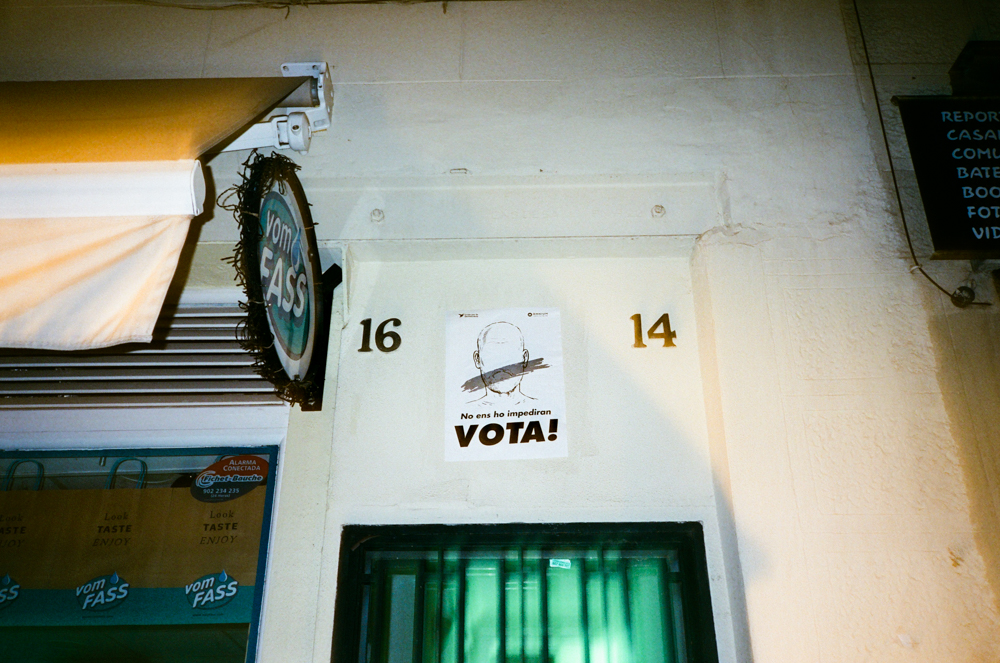
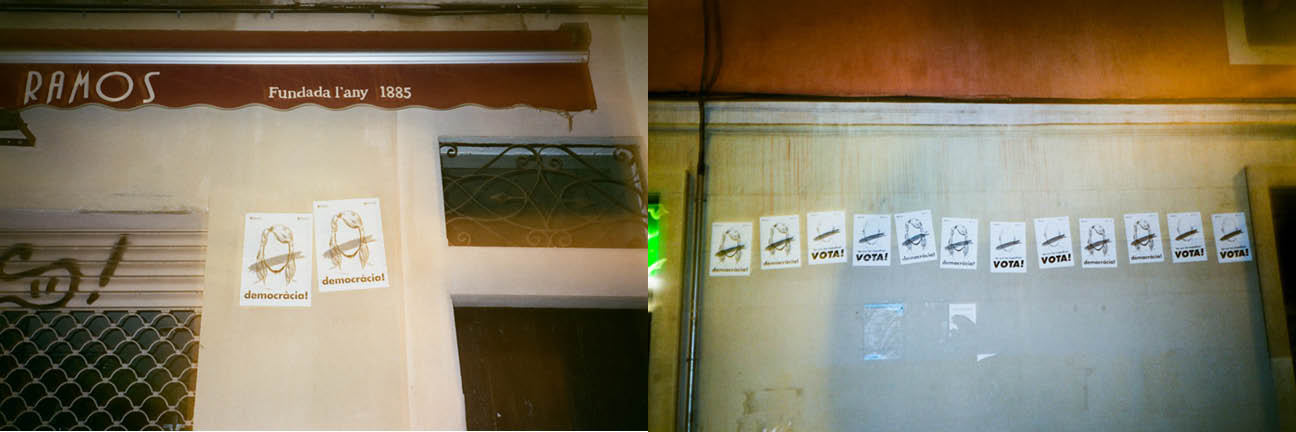
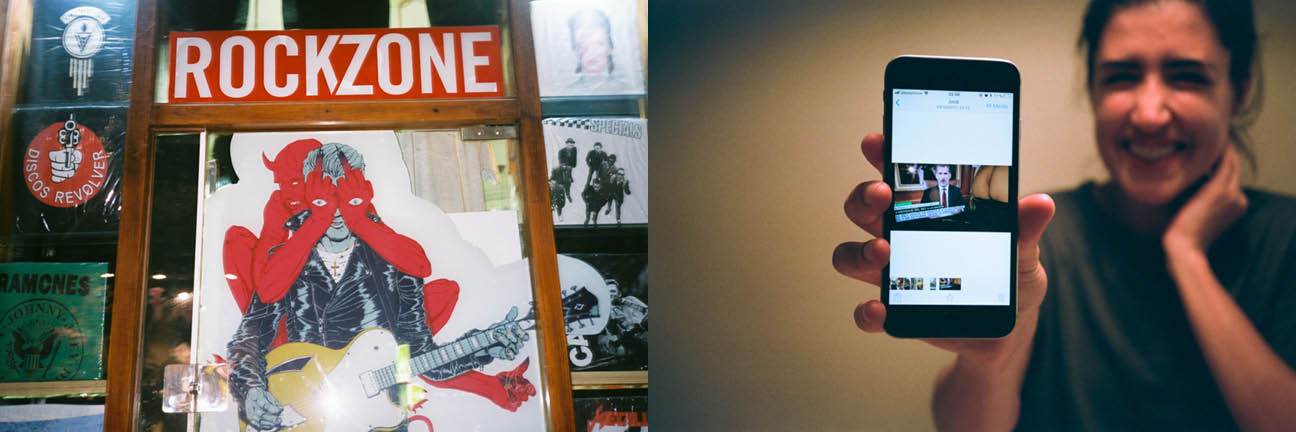
We are the change; we are this nation. I hope we all go out and vote and make sure our voice echoes over this wide and vast landscape we call home.
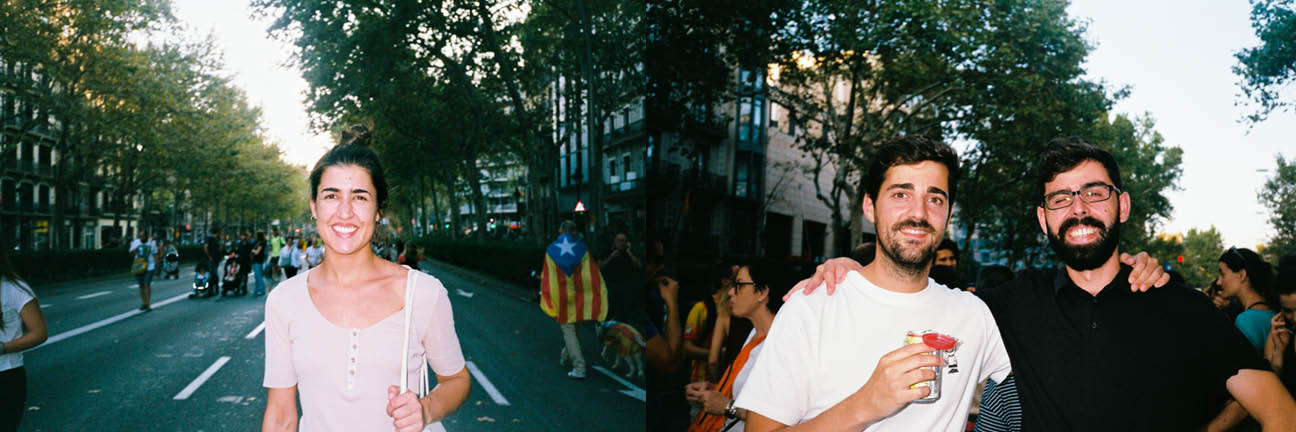
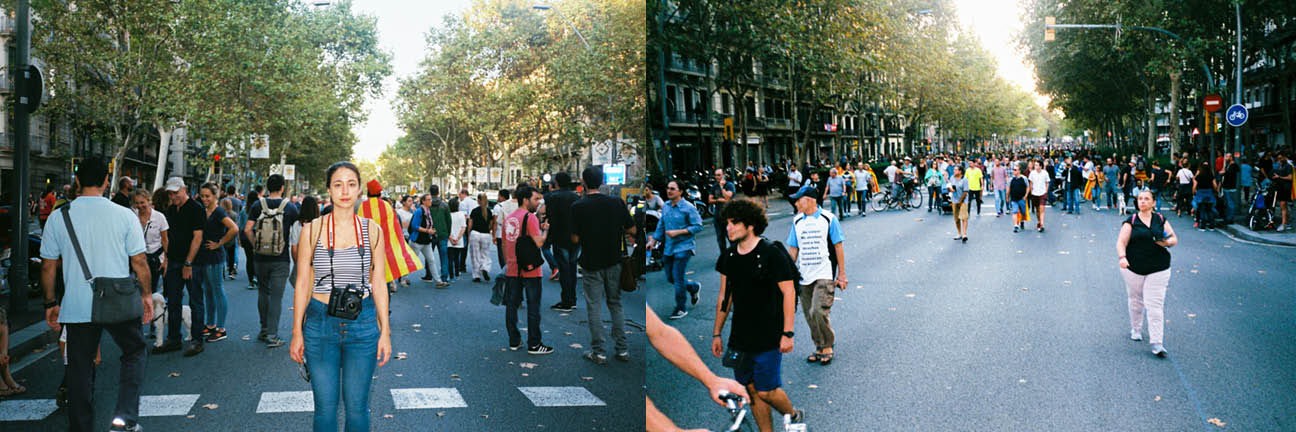

2 comments
✊
whose the sexy guy in the pictures and where’s
Frankie?